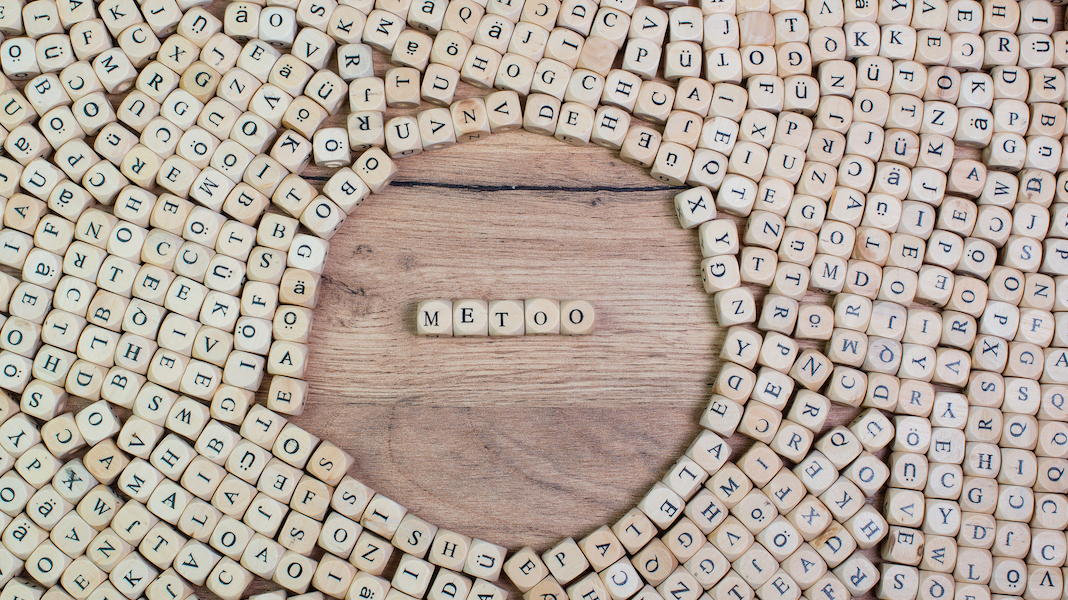
Gettyimages.com/Photo Taken In Germany, Pinneberg
The #MeToo movement has been a bit overwhelming for men (being oppressed and abused for centuries has been overwhelming for women but, we’ll get to that later). It can be hard for men to know how to respond to the movement. Do they need to respond at all? What is their place in everything? Have they been a part of the problem? Can they be a part of it, and not know it? A lot of men have very, very old ideas about gender equality and how to treat women that have been passed down to them from ancestors long, long ago. Okay, to be honest, all men have those, but some have made an effort to challenge and dispel them. Others have not. I know men feel, at the moment, that they can do nothing right. But listening and trying to understand is always right. Making assumptions is where you get into trouble. Here are wrong ways men have taken the #MeToo movement.

Gettyimages.com/Angry young African woman yelling into a megaphone as she makes her grievances known at a demonstration or rally, side view on white
That it is dramatic
It only feels dramatic to men because we are suddenly being vocal about something that we were otherwise silent about. And now that we’re vocal about it, wow is it apparent how prevalent it is. We aren’t being dramatic. It is happening as much as it seems.









